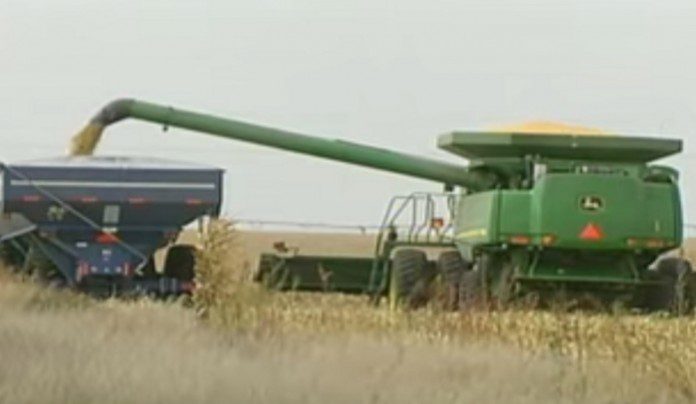Land is a finite resource in the world today. Although there are large areas of land that are unused for agricultural purposes, much of it is because there aren’t resources in place to sustain agricultural opportunities. One of the methods to encourage proper land use and to keep good agricultural land maintained as such is through the use of subsidies. Here are the advantages and disadvantages of this type of system.
The Pros of Agricultural Subsidies
1. It keeps a viable infrastructure.
If farmers and agricultural programs are forced to operate in a free market system, then one bad year of drought or excessive rain could ruin the business. Even one bad year of pests could do the same thing. Subsidies help to keep agricultural lands reserved for use, even if they are having a bad year.
2. It keeps prices competitive.
Imagine what would happen if farmers had to make up the costs of a bad year on the next year? It would cause all food product prices to spike. There would need to be enough money in reserve to make it through a bad year. Subsidies make that go away.
3. It allows croplands to rest.
Some agricultural subsidies help to let the soil recover from long periods of growth or to place lands in reserve so they can be used later on if necessary. This allows for food supply demands to be met on a global basis.
The Cons of Agricultural Subsidies
1. Not everyone benefits from subsidies.
A subsidy is essentially taxpayer money that is being redistributed from one person to another. Although everyone purchases food, consumers are paying farmers twice: once for the product and once for the subsidy.
2. It could hurt the environment.
Subsidies may help to reserve lands and preserve businesses, but some subsidies are based on the types of crops that are grown. Certain agricultural areas are not fit for certain crops, but the subsidies encourage planting anyway because there is no real financial risk involved.
3. It may not be enough.
It can be a tough business to be in the agricultural sector. Having subsidies in place can offset financial damages, but it may not be enough for some farmers or companies having a bad year.
The pros and cons of agricultural subsidies show that all benefits must be weighed against future risks before being implemented. There are times when subsidies can be nothing short of financial salvation. Then there are times when they not be effective at all. That’s why each subsidy deserves careful consideration before implementation.
Crystal Lombardo is a contributing editor for Vision Launch. Crystal is a seasoned writer and researcher with over 10 years of experience. She has been an editor of three popular blogs that each have had over 500,000 monthly readers.


















